How the UK’s £250m cyber force will wage war on terrorists
Experts say new 200-strong unit will provide a means of ‘deterring states that wish to do us harm’
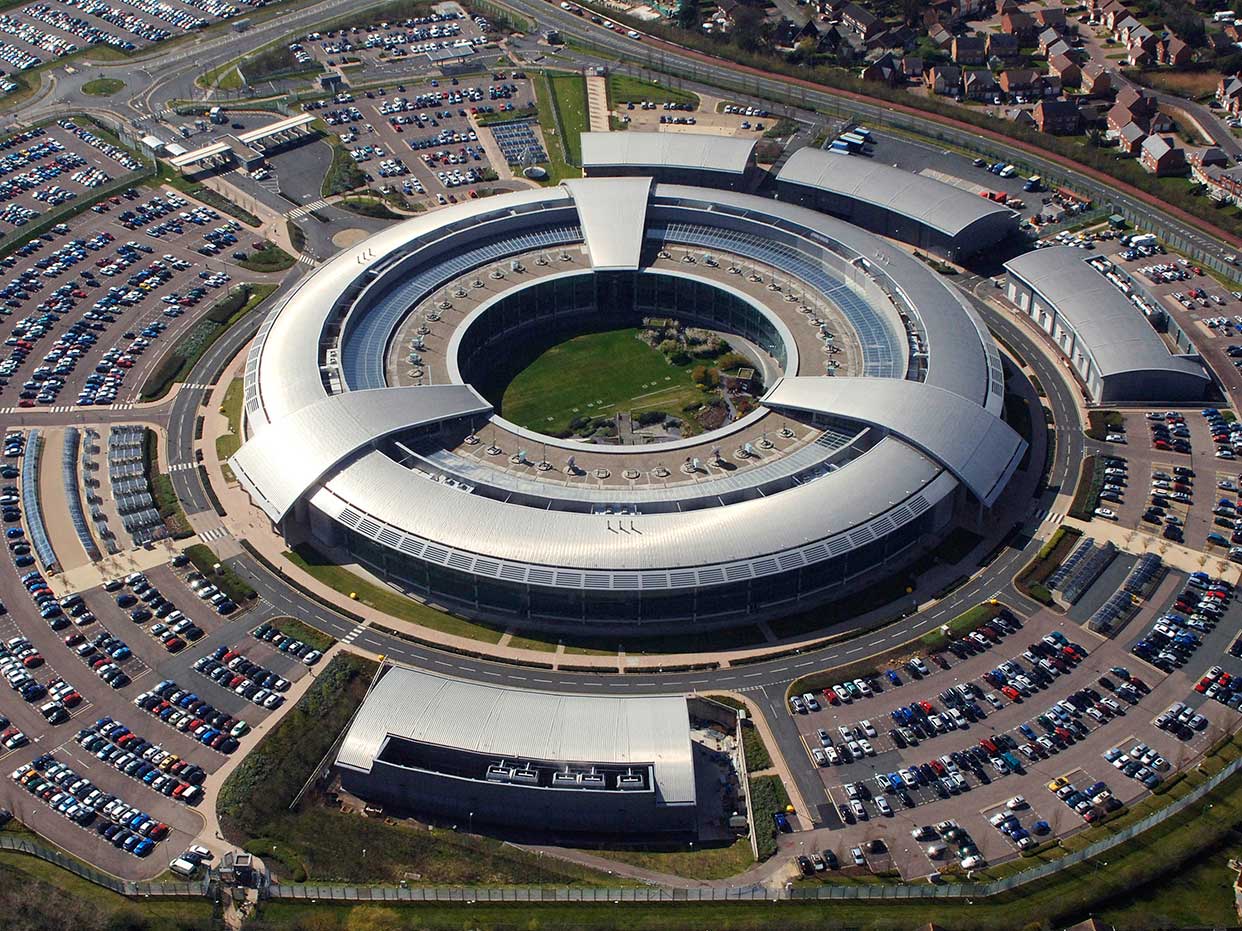
British spy agency GCHQ is joining forces with the Ministry of Defence (MoD) to create a £250m cyber force to wage cyberwarfare.
According to The Times, experts are being brought in from the military, security services and the cyber security industry to tackle the rising online threat from terrorist groups including Islamic State and from nations such as Russia and Iran.
The 2,000-strong unit will “quadruple the number of personnel in offensive cyber-roles and marks a step change in the nation’s ability to disrupt and destroy computer networks and internet-connected devices”, the newspaper reports.
Subscribe to The Week
Escape your echo chamber. Get the facts behind the news, plus analysis from multiple perspectives.

Sign up for The Week's Free Newsletters
From our morning news briefing to a weekly Good News Newsletter, get the best of The Week delivered directly to your inbox.
From our morning news briefing to a weekly Good News Newsletter, get the best of The Week delivered directly to your inbox.
“The MoD and GCHQ have a long and proud history of working together,” a government spokesperson told IT Pro. “We are both committed to continuing to invest in this area, given the real threats the UK faces.”
General Sir Richard Barrons, a former commander of Joint Forces Command, which is responsible for military cyber, said that with countries such as Russia already on the offensive, enhancing the UK’s ability to launch cyberattacks is vital.
“By adopting offensive cyber techniques in the UK, we are levelling the playing field and providing new means of both deterring and punishing states that wish to do us harm,” he said.
The command structures of the new force have been under discussion, and have allegedly caused tensions between GCHQ and the MoD.
“There will be tussles, I expect,” a source told The Times. “The military will want it to be a high-level war-fighting force that can do things like counter-missile programmes, which will probably never be used, while politicians will want a tactical force that focuses on combating crime and domestic terror threats.”
The unveiling of the new unit comes as details emerge of how the UK has used cyberwarfare to fight Islamic State in Iraq and Syria.
In one offensive revealed by Sky News, GCHQ “worked with special forces to deploy cyberattacks from laptops and handheld devices against IS commanders in Iraq and Syria, to jam their ability to communicate electronically and to spoof them into running into real-world traps by feeding false instructions over the internet”.
A source told the broadcaster: “It was very effective.”
GCHQ boss Jeremy Fleming spoke earlier this year about the impact that his agency and the MoD were having against the terrorist group.
“These operations have made a significant contribution to coalition efforts to suppress Daesh [IS] propaganda, hindered their ability to coordinate attacks, and protected coalition forces on the battlefield,” Fleming said.
Sign up for Today's Best Articles in your inbox
A free daily email with the biggest news stories of the day – and the best features from TheWeek.com
-
 Today's political cartoons - May 10, 2025
Today's political cartoons - May 10, 2025Cartoons Saturday's cartoons - artificial intelligence, cryptocurrency, and more
-
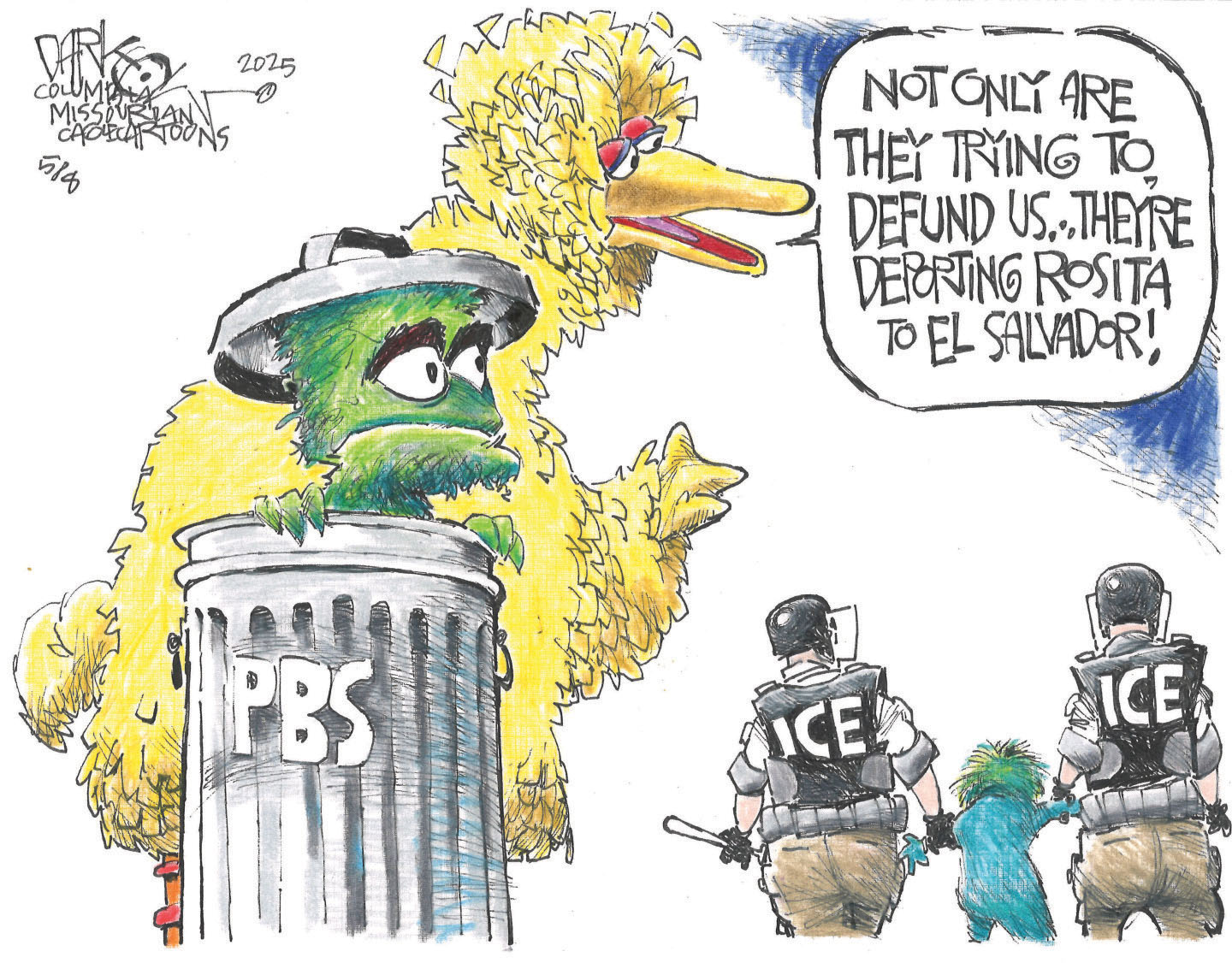 5 streetwise cartoons about defunding PBS
5 streetwise cartoons about defunding PBSCartoons Artists take on immigrant puppets, defense spending, and more
-
 Dark chocolate macadamia cookies recipe
Dark chocolate macadamia cookies recipeThe Week Recommends These one-bowl cookies will melt in your mouth
-
 Scattered Spider: who are the hackers linked to M&S and Co-op cyberattacks?
Scattered Spider: who are the hackers linked to M&S and Co-op cyberattacks?The Explainer 'Decentralised and adaptive', the group's mainly English-speaking members operate like an 'organised criminal network'
-
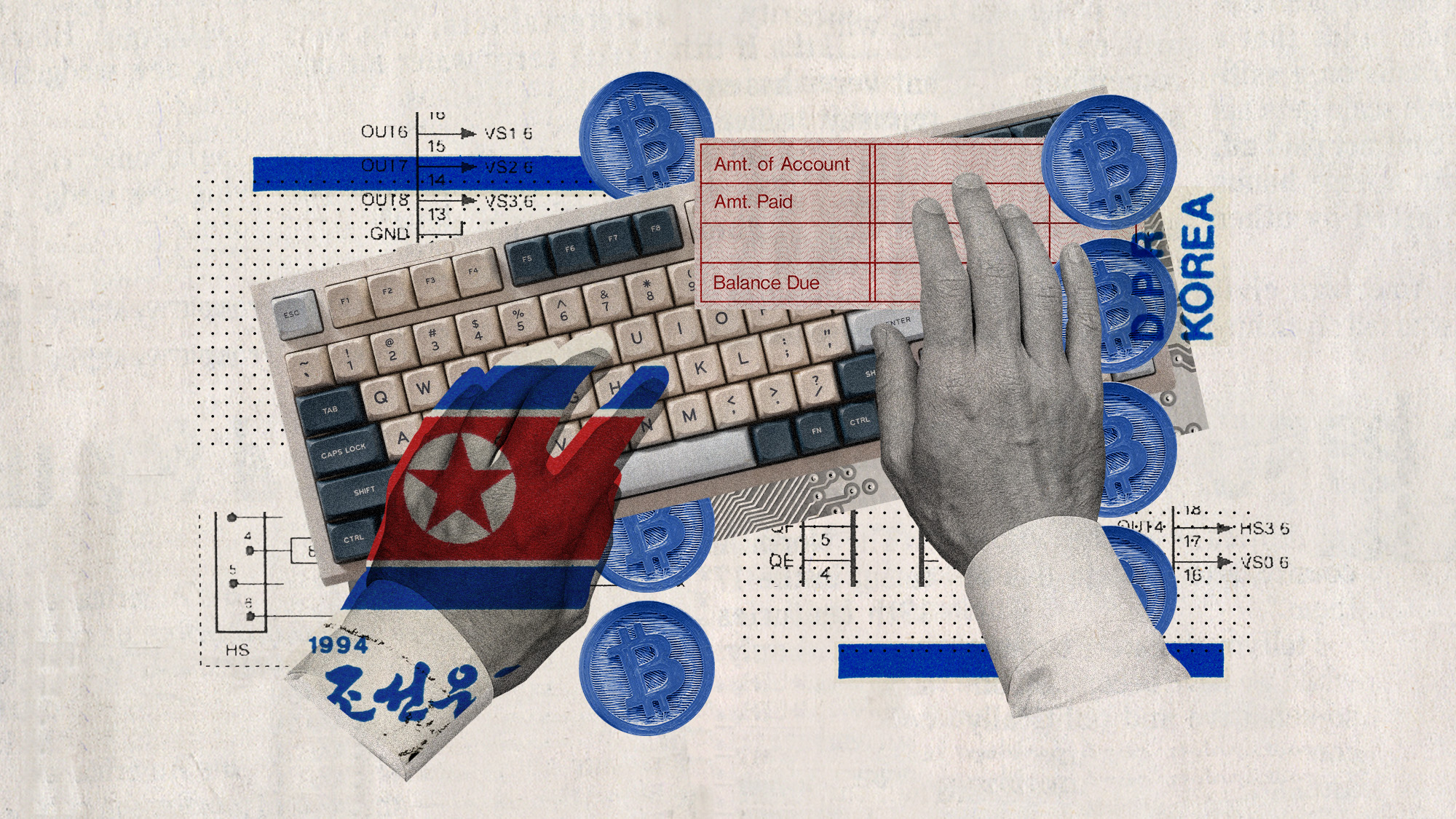 North Korea may have just pulled off the world's biggest heist
North Korea may have just pulled off the world's biggest heistUnder the Radar Hermit kingdom increasingly targets vulnerable cryptocurrency, using cybercrime to boost battered economy and fund weapons programmes
-
 The new powers to stop stalking in the UK
The new powers to stop stalking in the UKThe Explainer Updated guidance could help protect more victims, but public is losing trust in police and battered criminal justice system
-
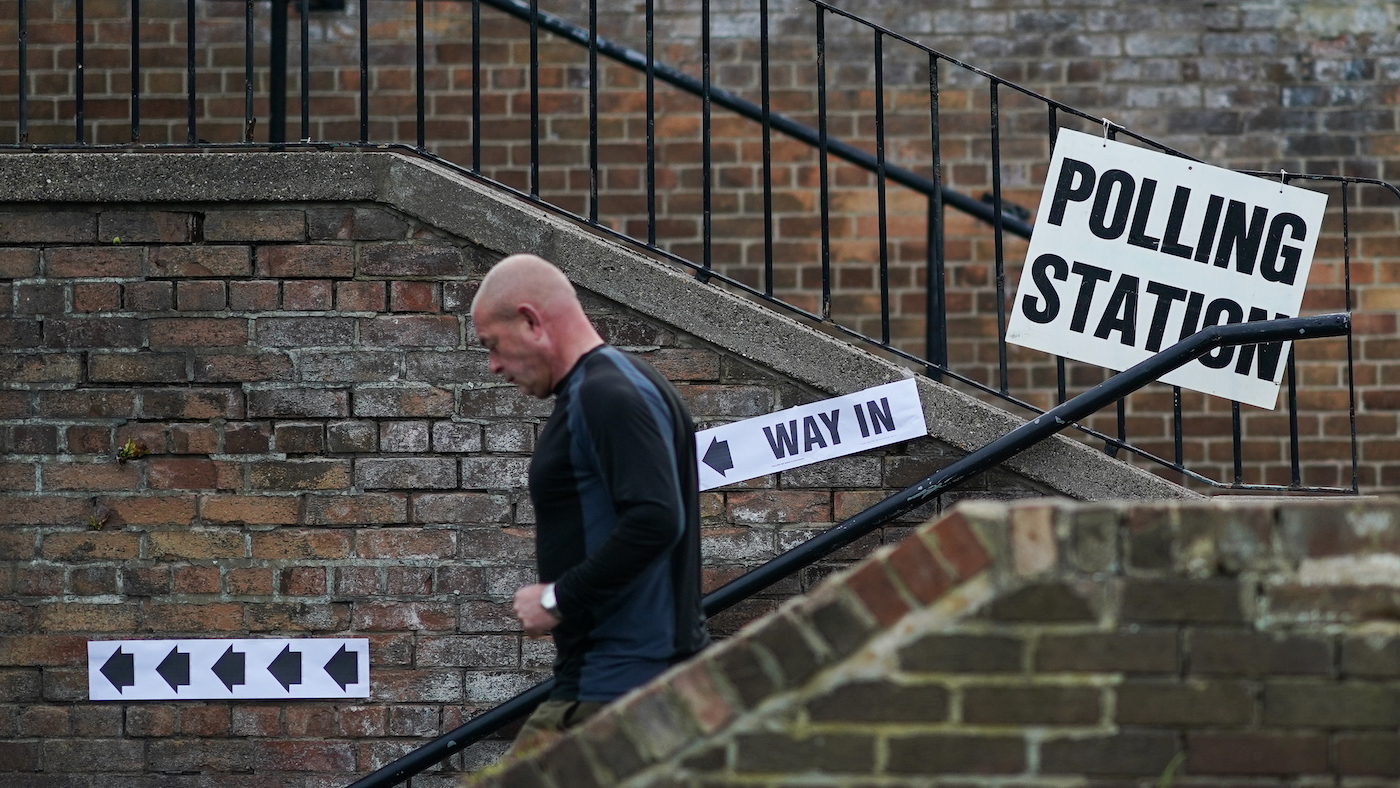 Russia blamed for cyberattack that exposed UK voters’ data
Russia blamed for cyberattack that exposed UK voters’ dataSpeed Read Electoral Commission has not formally identified ‘hostile actors’ behind massive breach but experts say Russians ‘top suspect list’
-
 ‘Pig butchering’ and dodgy apps: four convincing scams to watch out for
‘Pig butchering’ and dodgy apps: four convincing scams to watch out forSpeed Read Consumer watchdog warns cybercriminals are becoming ‘more sophisticated’
-
 Dark web marketplace that sold bank-hacking bots seized by FBI
Dark web marketplace that sold bank-hacking bots seized by FBISpeed Read
-
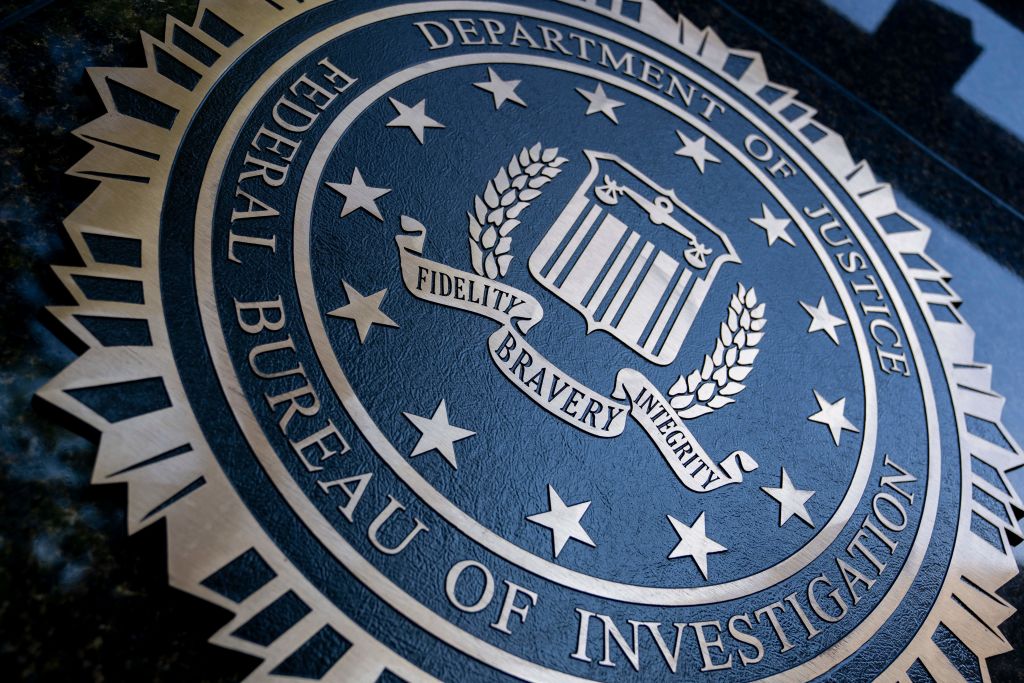 DOJ warns of spike in 'sextortion' cases targeting underage boys
DOJ warns of spike in 'sextortion' cases targeting underage boysSpeed Read
-
 How Scotland Yard took down iSpoof in UK’s biggest ever fraud investigation
How Scotland Yard took down iSpoof in UK’s biggest ever fraud investigationSpeed Read Thousands of victims robbed of £10,000 each on average by scammers posing as banks and trusted sources